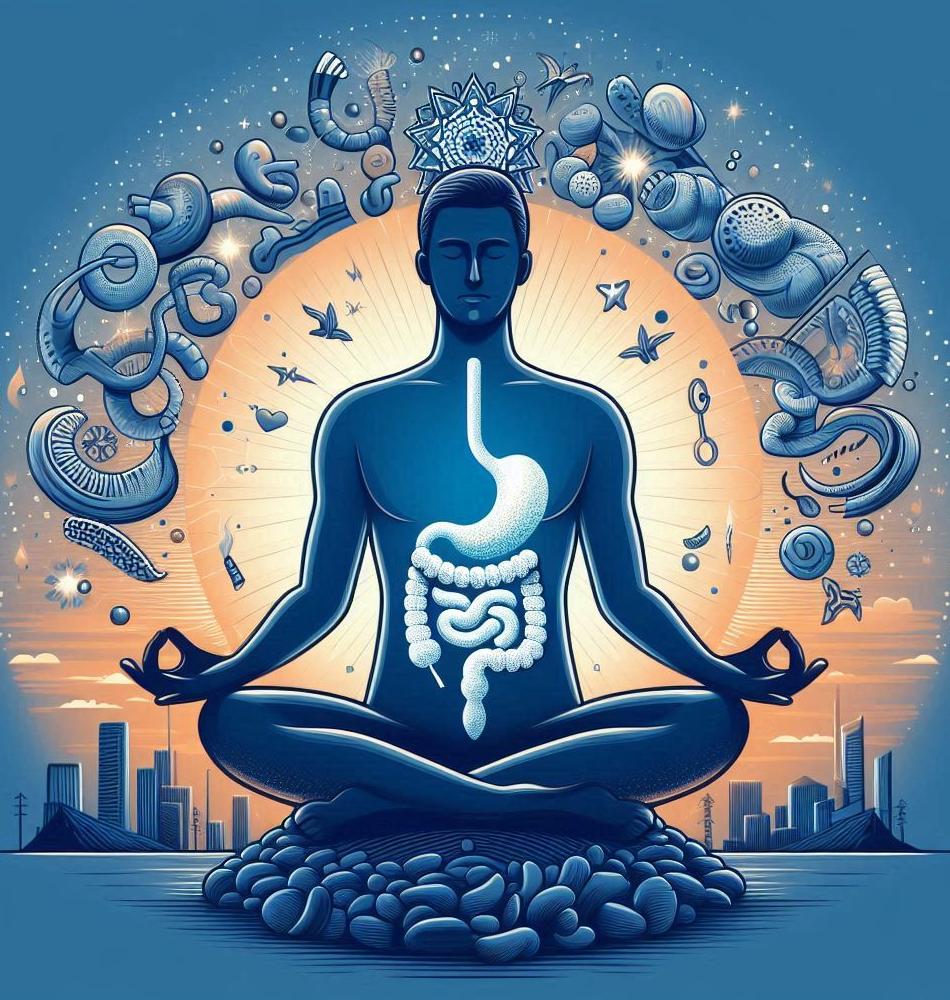Colitis, a term that often sends shivers down the spines of those who experience its harsh symptoms, is an aggressive condition impacting the intestines. For many battling this painful inflammatory disease, the question often revolves around not just the symptoms but also the duration of the healing process. How long does colitis take to heal? This article aims to unravel the complexities of colitis, its recovery timelines, and important management insights.
What is Colitis? 🚨
Colitis encompasses a variety of inflammatory conditions that affect the colon, or large intestine. While there are several types of colitis, including ulcerative colitis and ischemic colitis, each type can present unique symptoms and challenges. Understanding these differences is essential in determining not only treatment but also expected recovery timelines.
The Types of Colitis 📝
Different forms of colitis require different approaches to treatment and healing. Below are the most common types:
- Ulcerative Colitis: A chronic condition that causes inflammation and ulceration in the colon's lining.
- Infectious Colitis: Triggered by infection, often due to bacteria or viruses that infiltrate the digestive system.
- Ischemic Colitis: Occurs when blood flow to a section of the colon decreases due to narrowed or blocked arteries.
- Crohn’s Disease: While primarily affecting the intestines, this can also manifest symptoms similar to colitis.
How Long Does Colitis Take to Heal? ⏳
The healing time for colitis can vary significantly based on numerous factors, such as the type of colitis, the individual’s overall health, and the treatment chosen. While acute cases of infectious colitis may resolve within days to weeks with appropriate care, chronic forms like ulcerative colitis may require months or even years for complete recovery.
Factors Influencing Healing Time ⌛
Several factors come into play when determining the healing duration:
- Type of Colitis: The specific form of colitis directly impacts healing time.
- Severity of Symptoms: More severe symptoms may lead to longer healing times.
- Underlying Health Conditions: Existing health issues may complicate recovery.
- Adherence to Treatment: Sticking to prescribed medications and therapies is crucial.
- Lifestyle and Diet: Nutrition and lifestyle choices can either support or hinder recovery.
Typical Recovery Timelines 📅
The healing time can be broadly categorized based on the type of colitis:
- Infectious Colitis: Usually heals within 1-2 weeks with proper medical intervention.
- Ulcerative Colitis: On average, individuals might see improvement within a few weeks, but full remission can take months.
- Crohn’s Disease: Symptoms may fluctuate, with significant improvements alongside treatment but relapses can occur.
Healing Processes: What to Expect 🌈
Understanding what healing entails can help individuals navigate their journey. Here are some key aspects of the healing process:
Symptoms Gradually Decrease 📉
As treatment progresses, you may notice symptoms such as diarrhea, abdominal pain, and fatigue begin to subside. However, this does not mean the healing is complete.
Consistency with Treatment is Key 🚑
Following your doctor’s instructions regarding medication and lifestyle adjustments will significantly influence recovery speed. These may include:
- Taking prescribed medications on a regular schedule.
- Implementing dietary changes, as advised by a healthcare professional.
- Regular monitoring and check-ups to assess progress.
A Supportive Environment 💖
A conducive healing environment can play a pivotal role:
- Education: Understanding your condition can empower you to make informed decisions.
- Support Systems: Engaging with family, friends, or support groups offers encouragement.
- Stress Management: Practices like yoga, meditation, or engaging hobbies can alleviate stress that may exacerbate symptoms.
Frequently Asked Questions? ❓
- What are the signs that colitis is healing?
- Can lifestyle changes speed up the healing process?
- How can I alleviate symptoms while healing?
- Are there foods to avoid during recovery?
- Is colitis a lifelong condition?
Managing Colitis for Successful Healing 🎯
Beyond just focusing on healing timelines, managing colitis effectively is critical for long-term wellness. Here are some management strategies:
Medication and Treatment Options 💊
Consultation with a gastroenterologist is vital for determining the best treatment plan tailored to your needs. Potential medication options include:
- Aminosalicylates: For reducing inflammation.
- Corticosteroids: To manage severe flare-ups.
- Immunosuppressants: To control the immune response.
Dietary Considerations 🍏
Diet can heavily impact recovery from colitis. General recommendations include:
- Incorporating anti-inflammatory foods like leafy greens, berries, and fatty fish.
- Staying hydrated to prevent dehydration from diarrhea.
- Avoiding processed foods, caffeine, and dairy during flare-ups.
Importance of Regular Monitoring 🔍
Regular visits to healthcare practitioners help track healing progress and make adjustments in treatment as necessary. This proactive approach can prevent complications and promote quicker recovery.
Conclusion: Navigating Your Healing Journey 🎉
In conclusion, the question of how long colitis takes to heal does not have a one-size-fits-all answer. Healing timelines can vary widely based on individual circumstances and types of colitis. However, understanding the condition, adhering to treatment and dietary guidelines, and fostering a supportive environment can significantly enhance the healing experience. Embrace this journey with hope and determination, keeping lines of communication open with healthcare professionals along the way.


